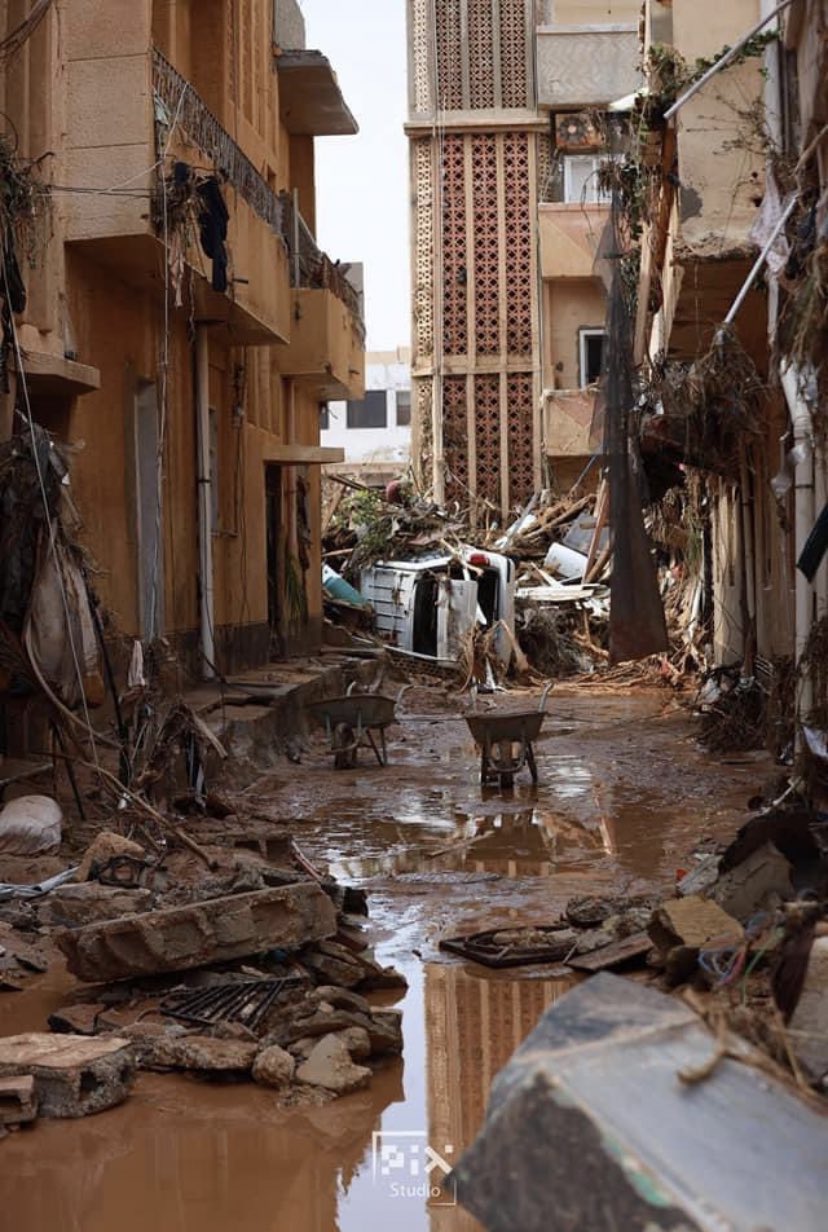Lerato Mbhiza
President Cyril Ramaphosa has on behalf of the Government and people of South Africa, expressed his sadness at the loss of lives of more than 8 000 people and the displacement of tens of thousands more because of two natural disasters in eastern Libya and Morocco.
In the carnage Libya lost more than 5 000 people after floods associated with Storm Daniel devastated the eastern parts of the country with the Red Cross reporting 10 000 missing.
Two river dams burst after the storm hit on Sunday afternoon, releasing an enormous surge of water that went through the Mediterranean coastal city, sweeping away buildings and the people inside them.
Rami Elshaheibi, of The World Health Organisation in Libya. said the situation is more disastrous than they expected.
“The numbers keep piling up so those who have not been reported as found are considered very likely to be dead or under the rubbles of those buildings that collapsed after the floods.
“Some 10 000 people are missing so officials expect the numbers to rise. Humanitarian agencies will launch an international appeal soon”.
Late on Tuesday, the confirmed death toll from emergency services was at least 2,300, although some officials were quoted as giving figures more than twice as high.
In Morocco the death toll from the 6.8 magnitude quake that struck in the High Atlas Mountains late on Friday evening rose to 2,901, while the number of people injured more than doubled to 5,530, their state television reported.
It was the North African country’s deadliest earthquake since 1960 and its most powerful in more than a century.
“South Africa shares the pain and loss felt by the people of eastern Libya and Morocco. These disasters highlight once more the frailty of life when confronted with the forces of nature,” President Ramaphosa said in a statement on Wednesday.
INSIDE POLITICS



